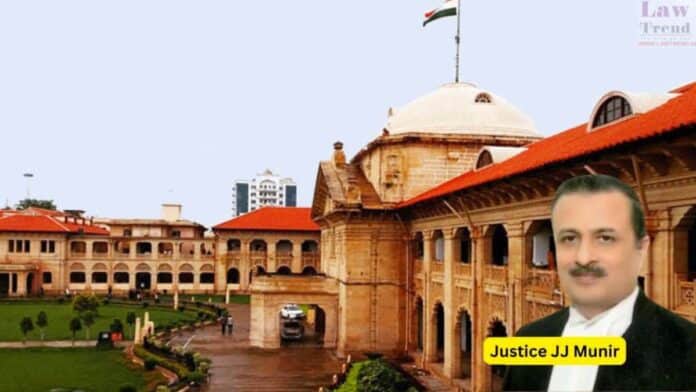The Allahabad High Court, in a significant ruling on service jurisprudence, has quashed the removal orders of two Class-IV employees, holding that a disciplinary inquiry cannot be reduced to a mere “question-answer session.” Justice J.J. Munir underscored that such proceedings must be conducted by following the proper procedure, which includes the mandatory recording of evidence
To Read More Please Subscribe to VIP Membership for Unlimited Access to All the Articles, Download Available Copies of Judgments/Order, Acess to Central/State Bare Acts, Advertisement Free Content, Access to More than 4000 Legal Drafts( Readymade Editable Formats of Suits, Petitions, Writs, Legal Notices, Divorce Petitions, 138 Notices, Bail Applications etc.) in Hindi and English.




